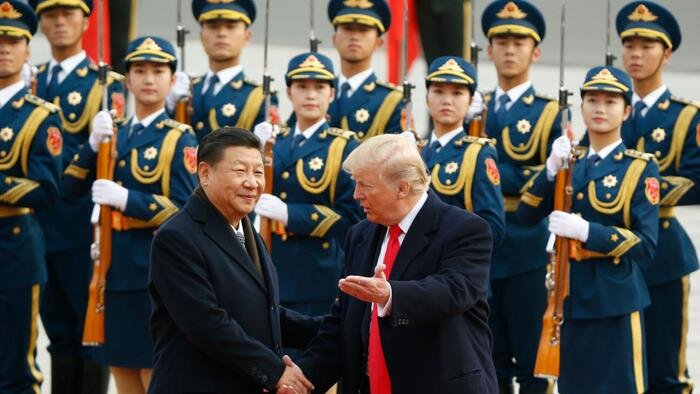President-Elect Donald Trump expressed optimism about the potential for collaboration between China and the United States to address global challenges during a press conference at Mar-a-Lago. He praised Chinese President Xi Jinping as “amazing” and extended an invitation for him to attend his inauguration. This friendly stance towards China marked a departure from Trump’s more aggressive rhetoric during the campaign, where he threatened significant tariffs on Chinese goods.
Despite Trump’s interest in striking a “grand bargain” with China, there are significant obstacles in the way. The Phase One Trade pact of January 2020 failed to produce the desired results, casting doubt on the effectiveness of future agreements. Additionally, Trump’s relationship with Xi is strained, as the Chinese leader prioritizes his country’s global ambitions over personal connections.
Furthermore, Xi’s grip on power within China may be weakening, making it difficult for him to deliver on any potential deals. His uncompromising stance and belief in China’s ascendancy suggest that he is unlikely to make concessions to the United States. The fundamental differences in values and political systems between the two countries make meaningful cooperation challenging.
In conclusion, the Chinese regime’s adversarial approach to international relations and Xi’s authoritarian leadership style pose significant barriers to any lasting agreements with the United States. The world’s problems cannot be solved through grand bargains with regimes that view the world as their enemy. It remains to be seen how the incoming American president will navigate these complex dynamics in his dealings with China.

